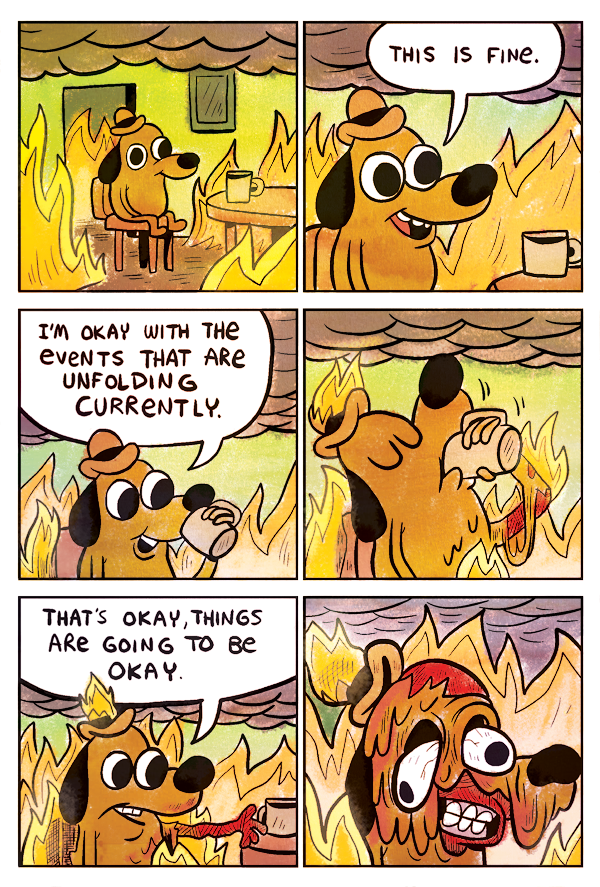specialize in a specific kind of interaction service that involves the sharing of public images (Instagram), the private sharing of images sharing (Snapchat), augmented reality (Foursquare), and location-based matchmaking (Tinder).
"interaction service"
